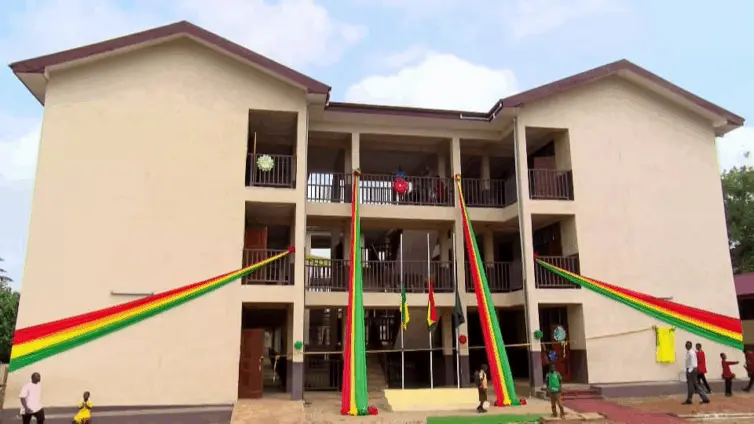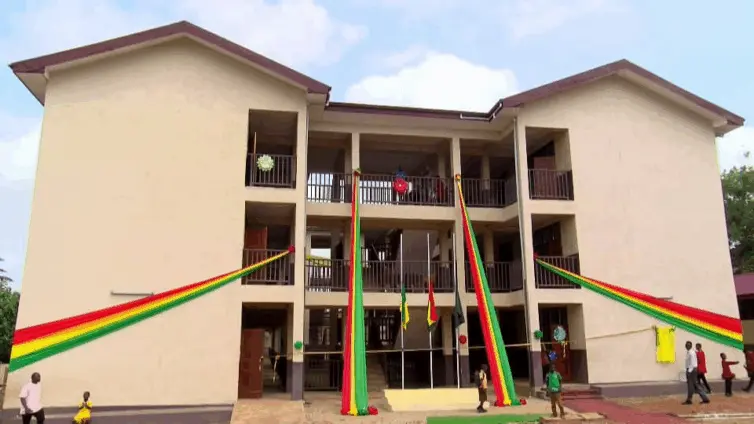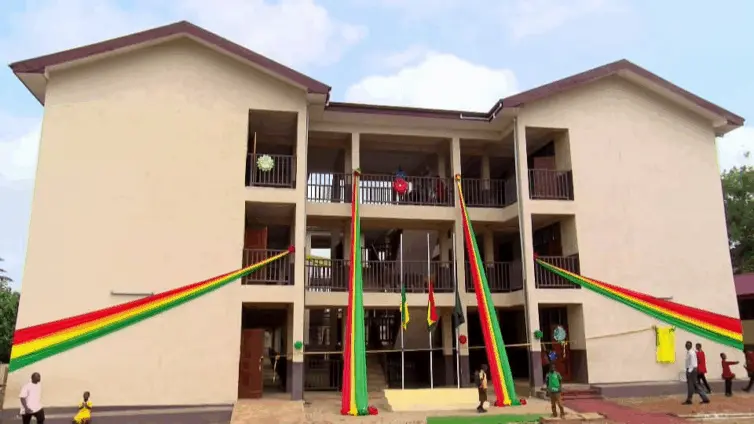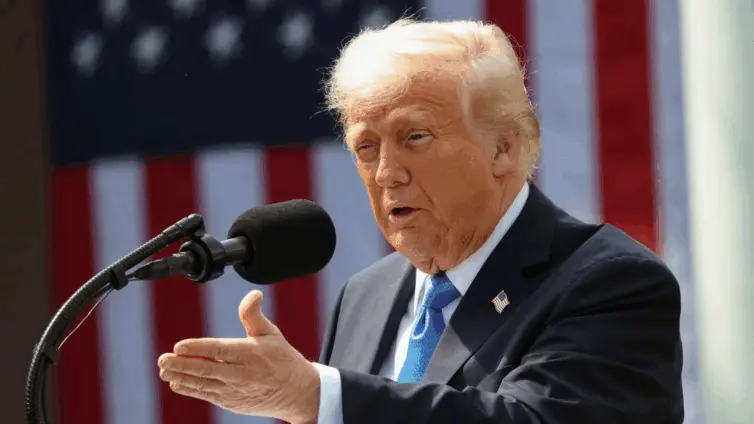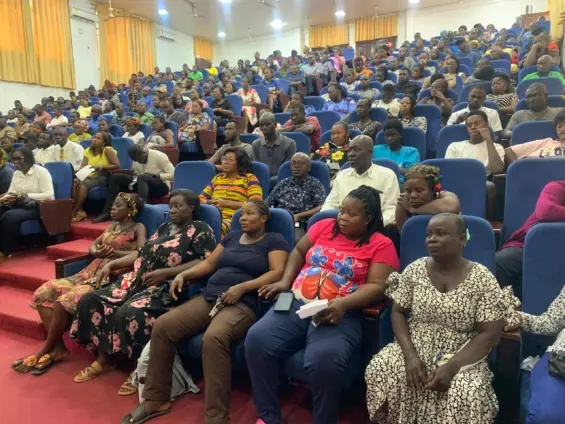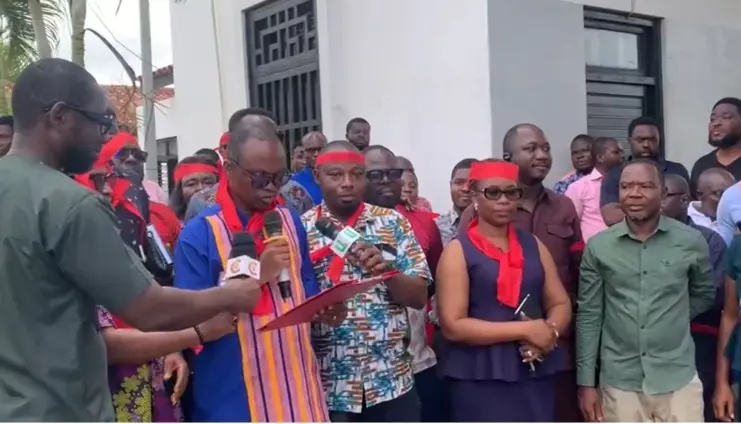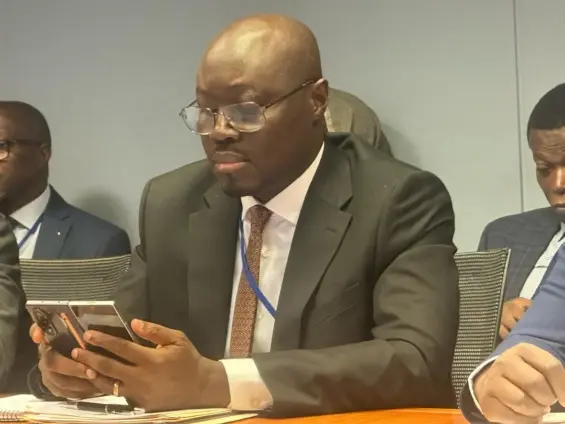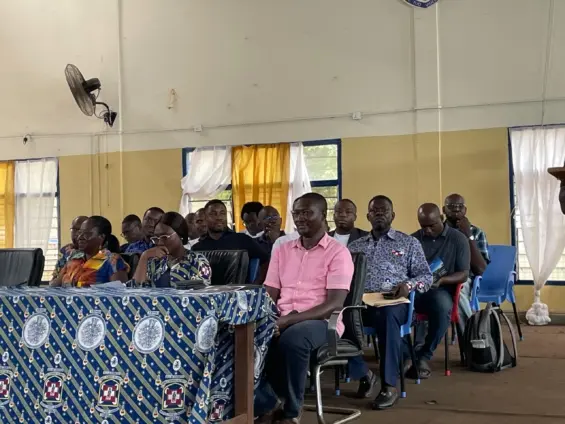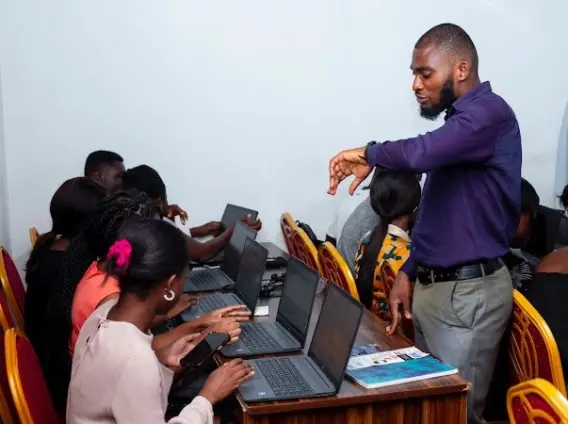Ghanaian universities are bracing for potential shutdowns as senior staff members commence a nationwide strike. The hallowed halls of learning, typically bustling with students and lecturers, face an uncertain future as the Senior Staff Association of Ghana (SSA-Ghana), in collaboration with the Technical University Administrators Association of Ghana (TUWAG) and the Federation of Universities Senior Staff Association of Ghana (FUSAG), initiated an indefinite strike today, May 21. This coordinated action stems from the government’s alleged failure to honor a six-month-old agreement aimed at improving the conditions of service for university staff. The impact of this University Staff Strike Ghana could be far-reaching, affecting students, research activities, and the overall stability of the nation’s higher education system.
This article delves into the underlying reasons for the strike, the specific demands of the striking University Staff, and the potential consequences for students and the broader educational sector in Ghana. It aims to provide a comprehensive understanding of the situation and its implications.
Why Are University Staff on Strike in Ghana?
At the heart of the University Staff Strike Ghana lies what the unions describe as a broken agreement—a pact forged six months prior with the government. This agreement, intended to enhance the conditions of service for university staff, has allegedly been ignored by both the current and previous administrations, leading to a breakdown in trust and ultimately, this industrial action.
“Countless engagements and goodwill efforts extended to the government,” stated George Ansong, National Chairman of the Senior Staff Association of Ghana, “have been met with persistent inaction, neglect, and blatant failure to honour the terms of a duly signed agreement from six months ago.”
The strike, according to union leaders, was a last resort after all attempts at constructive dialogue proved futile. Mr. Ansong emphasized the exhaustive efforts made to engage with the government, stating that the strike action was initiated after numerous reminders and discussions were ignored. This perceived lack of responsiveness from the government has fueled the staff’s frustration and determination to stand their ground.
“The government has continuously reneged on its commitment, thereby undermining the trust and cooperation that should exist between both parties,” Mr. Ansong added, highlighting the erosion of faith between the university staff and the government.
What Are the Demands of the University Staff?
While the official statement doesn’t explicitly detail the specific demands encompassed within the six-month-old agreement, it is understood that they pertain to improved conditions of service for university staff in Ghana. Typically, such agreements might include provisions for salary adjustments to keep pace with the cost of living, allowances for specific responsibilities or hardships, enhanced working conditions that foster a more conducive environment, and improvements to pension contributions to ensure financial security in retirement. The absence of precise details in the press release underscores the need for further clarification to fully grasp the scope of the agreement and the unmet needs of the university staff.
The leadership of the Senior Staff Association of Ghana, TUWAG, and FUSAG has issued a firm directive to its members: remain at home until these demands are fully met. This instruction underscores the unwavering resolve of the university staff and signals that this University Staff Strike Ghana will persist until a satisfactory resolution is achieved, and the agreed-upon conditions are fulfilled. The indefinite nature of the strike reflects the depth of the staff’s commitment to their cause.
Potential Impact of the University Staff Strike
The University Staff Strike Ghana carries significant potential to disrupt academic activities across the nation. Lectures may face postponement, exams could be delayed indefinitely, and other crucial academic functions may be put on hold. This disruption threatens to impede students’ academic progress, potentially delaying graduation timelines and impacting their future career prospects.
Beyond the immediate classroom setting, the strike could also bring research projects to a standstill and disrupt other essential university operations. The suspension of research activities could have far-reaching consequences for the advancement of knowledge and the university’s reputation on the international stage. Collaborative projects with institutions worldwide may be jeopardized, hindering the progress of groundbreaking discoveries and innovations.
The uncertainty surrounding the strike has understandably caused anxiety among students and parents alike. Concerns about the future of their education weigh heavily on their minds. Students who rely on timely graduation to secure job opportunities face potential financial implications, adding further stress to an already challenging situation. The resolution of the University Staff Strike Ghana is crucial to alleviating these concerns and restoring stability to the educational landscape.
In summary, the University Staff Strike Ghana stems from the government’s alleged failure to honor a six-month-old agreement designed to improve the conditions of service for university staff. The consequences of this strike are potentially severe, with students, research activities, and the overall stability of the university system hanging in the balance. As the strike unfolds, it is essential for all stakeholders to remain informed and actively advocate for a swift and equitable resolution that addresses the concerns of the university staff and safeguards the future of higher education in Ghana.
Image Source: MYJOYONLINE


